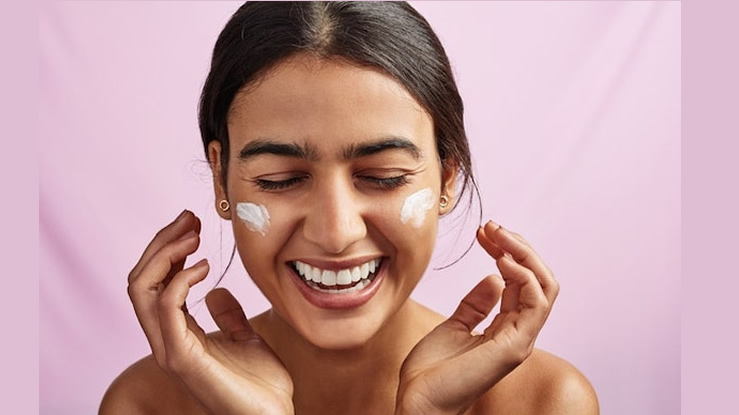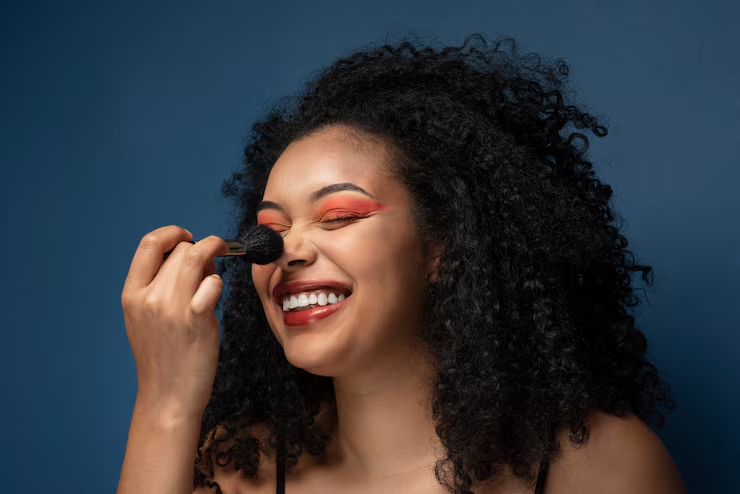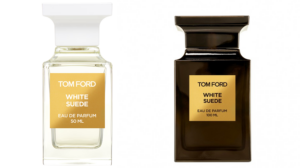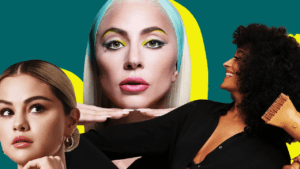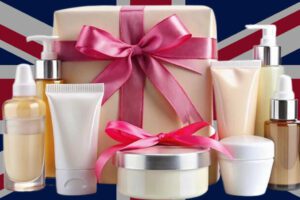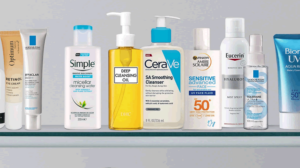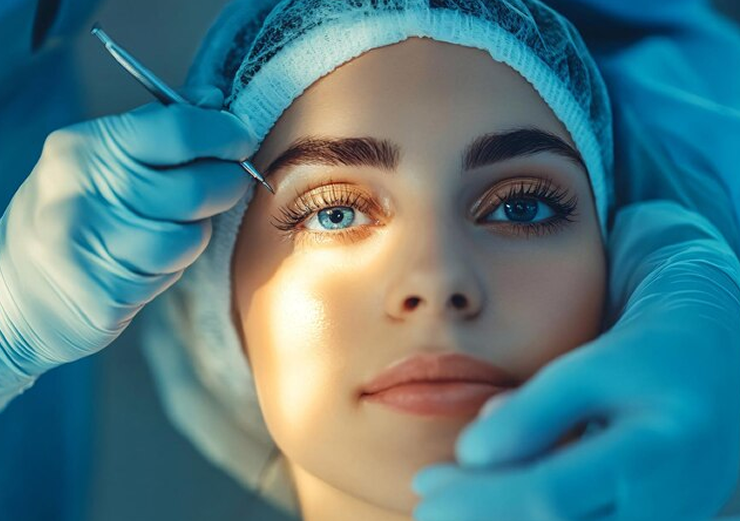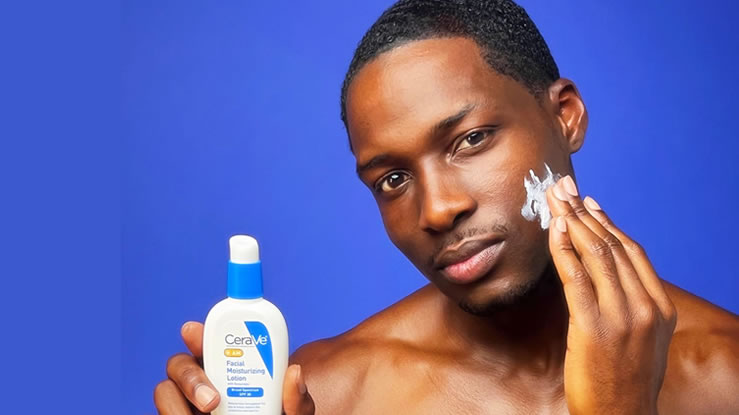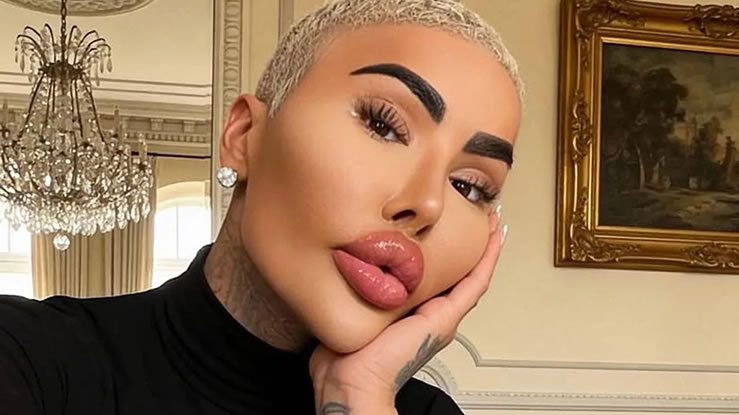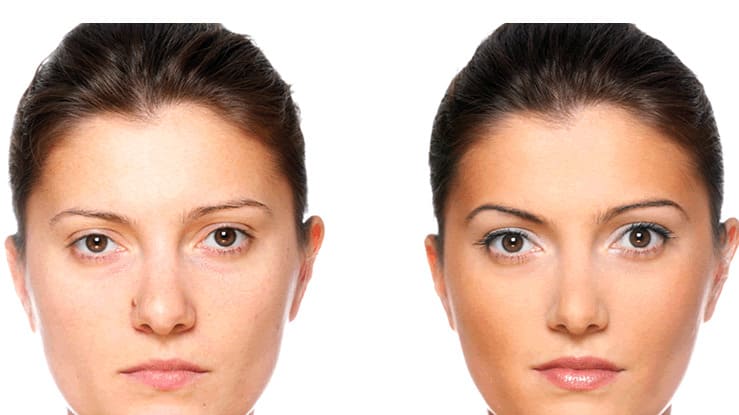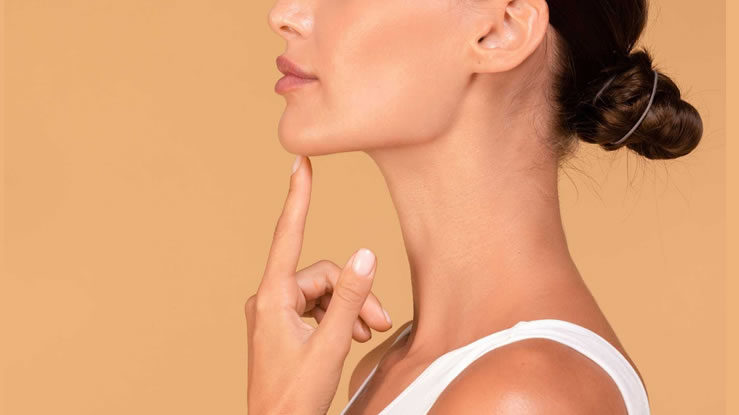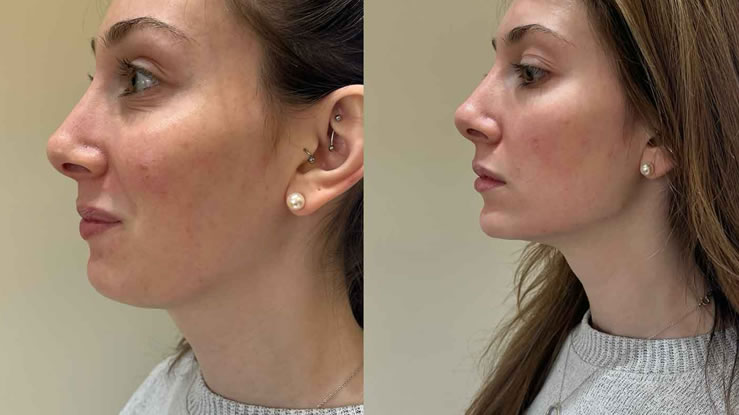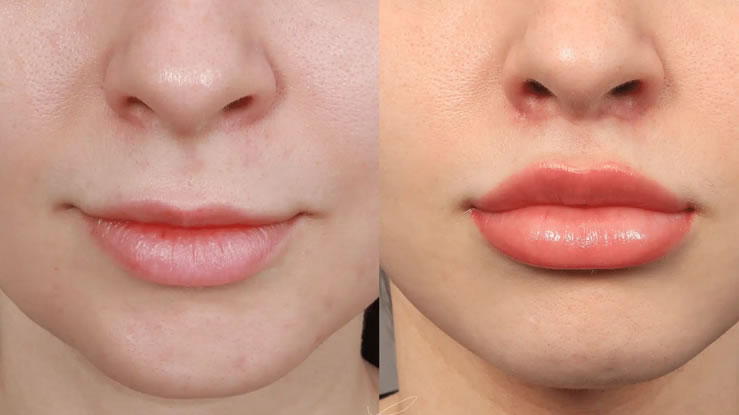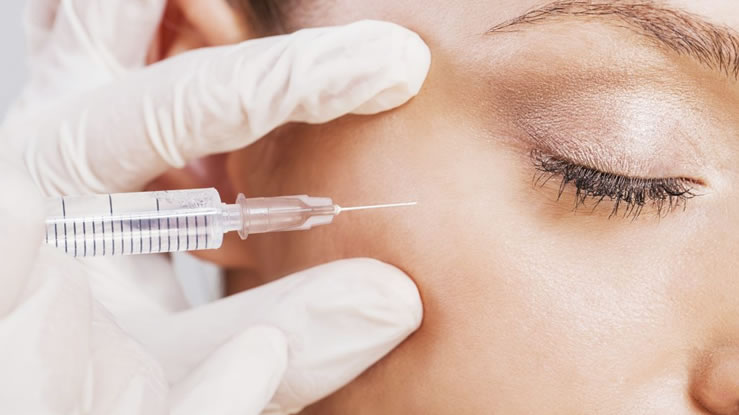The demand for halal skincare is growing rapidly, especially among Muslim consumers who want to ensure that the products they use align with their faith. But how can you tell if a skincare product is truly halal? With many brands labeling their products as “halal” without proper certification, it’s important to know what to look for.
This article will guide you through the key factors that determine whether a skincare product is halal, the ingredients to avoid, and the best ways to verify a product’s halal status.
What Does Halal Skincare Mean?
In Islamic terms, “halal” means permissible, while “haram” means forbidden. Halal skincare refers to beauty products that:
- Do not contain haram (forbidden) ingredients, such as alcohol or pork-derived substances.
- Are free from contamination with non-halal substances during manufacturing.
- Follow ethical and cruelty-free production processes.
Halal skincare is not just for Muslims; it also appeals to people looking for ethical, natural, and high-quality skincare products.
How to Identify Halal Skincare
1. Check for Halal Certification
One of the easiest ways to ensure that a skincare product is halal is by looking for an official halal certification from a recognized Islamic authority. Some well-known halal certification bodies include:
- JAKIM (Malaysia)
- MUI (Indonesia)
- HCS (Halal Certification Services, Europe)
- IFANCA (USA)
- ESMA (UAE)
Products with these certifications have been thoroughly checked to meet halal standards.
2. Read the Ingredients List Carefully
Many skincare products contain hidden non-halal ingredients. Here are some common haram ingredients to avoid:
- Alcohol (Ethanol, Ethyl Alcohol, Denatured Alcohol, SD Alcohol) – Found in toners, perfumes, and some creams. Some alcohols, like fatty alcohols (e.g., cetyl alcohol), are halal because they come from plants.
- Gelatin – Often derived from pork or non-halal animal sources and used in face masks and creams.
- Collagen & Elastin – If sourced from non-halal animals, these are not halal.
- Carmine (E120) – A red pigment derived from crushed insects, commonly found in lipsticks and blush.
- Glycerin – Can be halal if derived from plants but haram if from non-halal animal fat.
- Lanolin – Found in moisturizers and lip balms; must be sourced from halal sheep.
- Keratin – Used in hair and skin products; often derived from non-halal sources unless plant-based.
3. Avoid Contaminated Products
Even if a skincare product contains halal ingredients, cross-contamination during manufacturing can make it non-halal. For example:
- If a halal product is made in the same facility as haram products, contamination can occur.
- Skincare products should be produced in clean environments with halal-certified processes.
4. Look for Vegan or Plant-Based Products
Vegan and plant-based skincare brands are often halal-friendly because they do not contain animal-derived ingredients. However, you still need to check for alcohol content and halal certification.
5. Check the Brand’s Ethics and Manufacturing Process
Many halal skincare brands also follow ethical and cruelty-free principles. This means:
- No animal testing (important for ethical and halal-conscious consumers).
- No harmful chemicals like parabens and sulfates, which may not be haram but can be harmful to health.
- Sustainable and clean beauty practices.
6. Contact the Brand Directly
If you’re unsure whether a product is halal, you can email or message the brand to ask about their ingredients, sourcing, and halal certification. Reputable brands are transparent about their production processes.
7. Use Halal Skincare Apps or Websites
There are mobile apps and websites that help you check whether a skincare product is halal. Some useful resources include:
- Scan Halal (app)
- Halal Guide (website)
- MUIS (Singapore) Halal Database
Popular Halal Skincare Brands
If you want to explore 100% halal-certified skincare brands, here are some options:
- Wardah (Indonesia) – One of the biggest halal beauty brands.
- Iba Halal Care (India) – Vegan and cruelty-free.
- Sampure Minerals (UK) – Certified halal cosmetics.
- Talent Cosmetic (Korea) – K-beauty with halal certification.
- PHB Ethical Beauty (UK) – Vegan, organic, and halal-friendly.
Finding halal skincare products requires a little research, but it’s worth it to ensure that what you apply to your skin aligns with your beliefs. Look for halal certification, avoid haram ingredients, check for contamination risks, and choose ethical brands.
By making informed choices, you can maintain a skincare routine that is not only effective but also halal, ethical, and safe.

